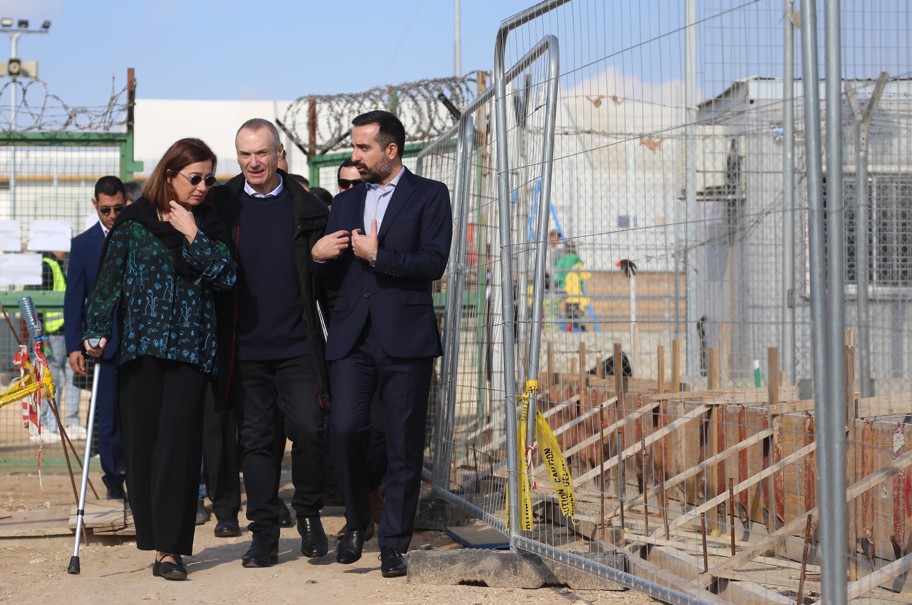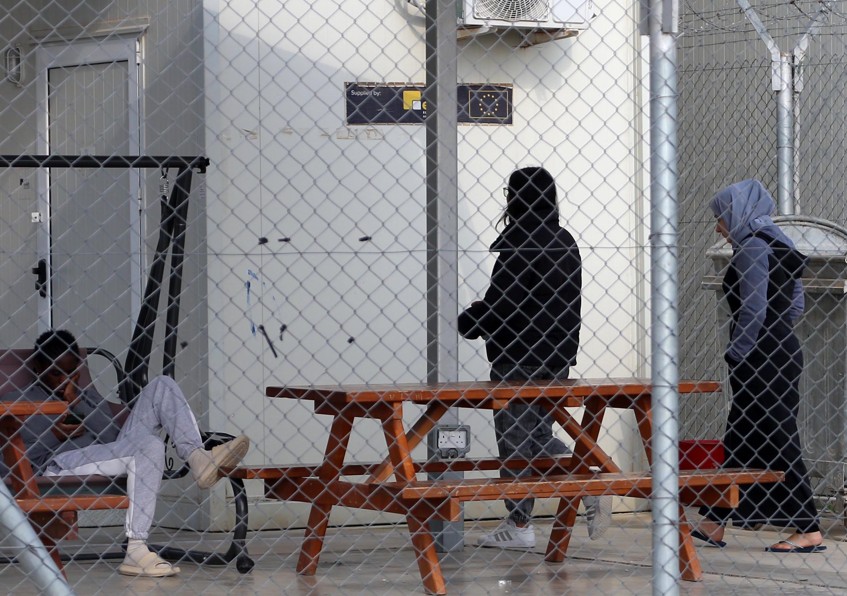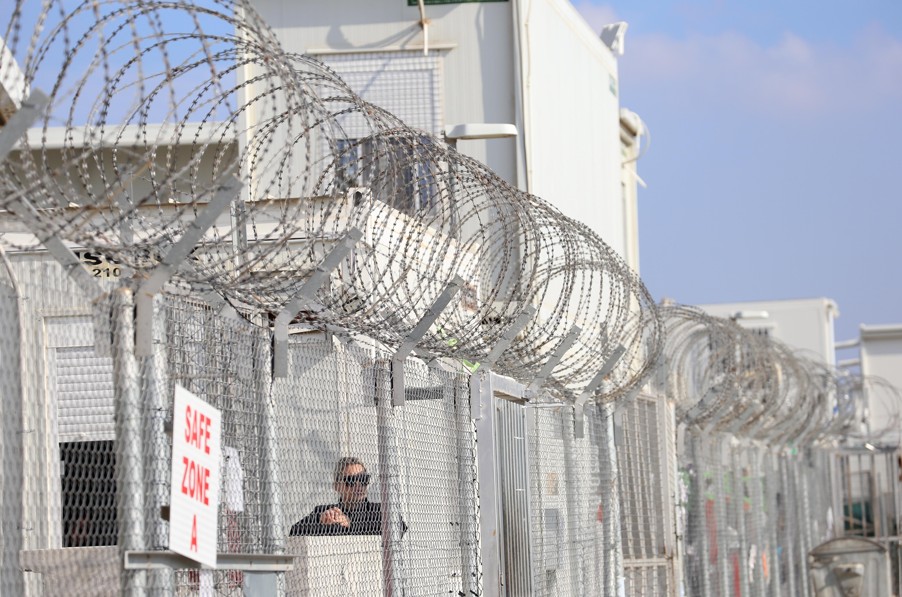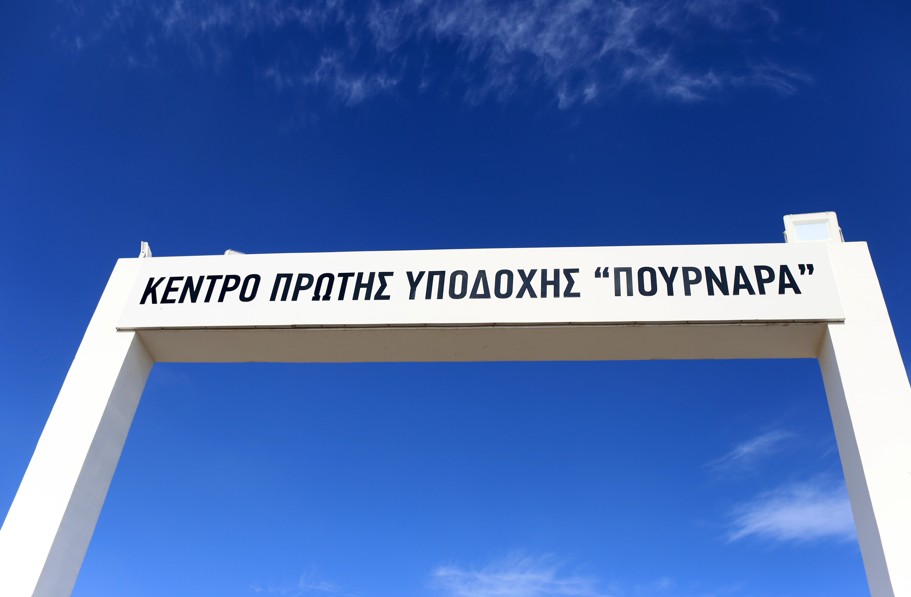
Newsroom
The President of Spain’s Congress of Deputies, Francina Armengol Socias, visited the Pournara First Reception Centre in Cyprus on Tuesday, shedding light on the shared challenges of migration faced by both countries. Accompanied by Spanish Senate Vice-President Javier Ignacio Maroto Aranzábal and Cyprus’s Deputy Minister of Immigration and International Protection, Nicholas Ioannides, Socias toured the facility and interacted with migrants.
Socias, who is on a three-day official visit to Cyprus, praised the organization and structure of the Pournara center, describing it as an "important help for migrants." She emphasized that Spain and Cyprus, both frontline EU nations grappling with migration, must unite in addressing this pressing issue with the European Union's support.

Shared Struggles and EU Cooperation
She emphasized that Spain and Cyprus, both frontline EU nations grappling with migration, must unite in addressing this pressing issue with the European Union's support.
During her visit, Socias stressed the importance of addressing migration at its roots. “It’s crucial to intervene in the countries migrants come from, helping to reduce the need for migration,” she said, adding that both Spain and Cyprus must work closely with the EU to tackle migration flows. She also advocated for better economic and political support for Southeastern Europe and the Middle East, regions often at the center of migration issues.
Socias highlighted the need for legal migration pathways, noting that countries like Spain and Cyprus benefit from migrants who arrive through proper channels. She further underscored the importance of respecting human rights and international law in managing migration.

A Broader Perspective on Migration Management
The visit comes as Cyprus continues to grapple with irregular migration, particularly through its Green Line border, where networks of traffickers often operate. Deputy Minister Ioannides acknowledged the challenges, emphasizing the government’s measures to combat irregular migration and strengthen legal migration pathways.
“The Pournara center currently hosts around 320 individuals, well below its capacity of 1,200, which will soon expand to 2,000,” Ioannides explained. He credited recent efforts, such as repatriation flights for Syrian nationals and stricter migration controls, for the reduced numbers.
Ioannides noted that more than 900 Syrians have recently withdrawn asylum applications or had their international protection status revoked, with over 300 already departing the island. “As stability returns to neighboring countries, we expect repatriation numbers to rise further,” he added.

Calls for Enhanced Border Monitoring
The visit also touched on broader security concerns. Following the recent death of a 24-year-old near the buffer zone in Potamia, Ioannides said the government is considering increasing patrols and installing more surveillance cameras along the Green Line, which stretches over 180 kilometers.
“The Green Line is exploited by traffickers and criminal networks,” Ioannides said. “Strengthening monitoring and enforcing anti-trafficking measures is critical to addressing these illegal activities.”

A Message of Solidarity
Socias’s visit to Pournara highlighted the need for European solidarity in addressing migration. Speaking to journalists, she said, “Cyprus and Spain share the same struggles. By working together and with the EU, we can create solutions that respect human dignity and improve stability in the region.”
The visit underlines how countries at the EU’s external borders are navigating complex migration issues, balancing security concerns with the need to uphold human rights and provide meaningful support to those in need.
*With information from CNA































